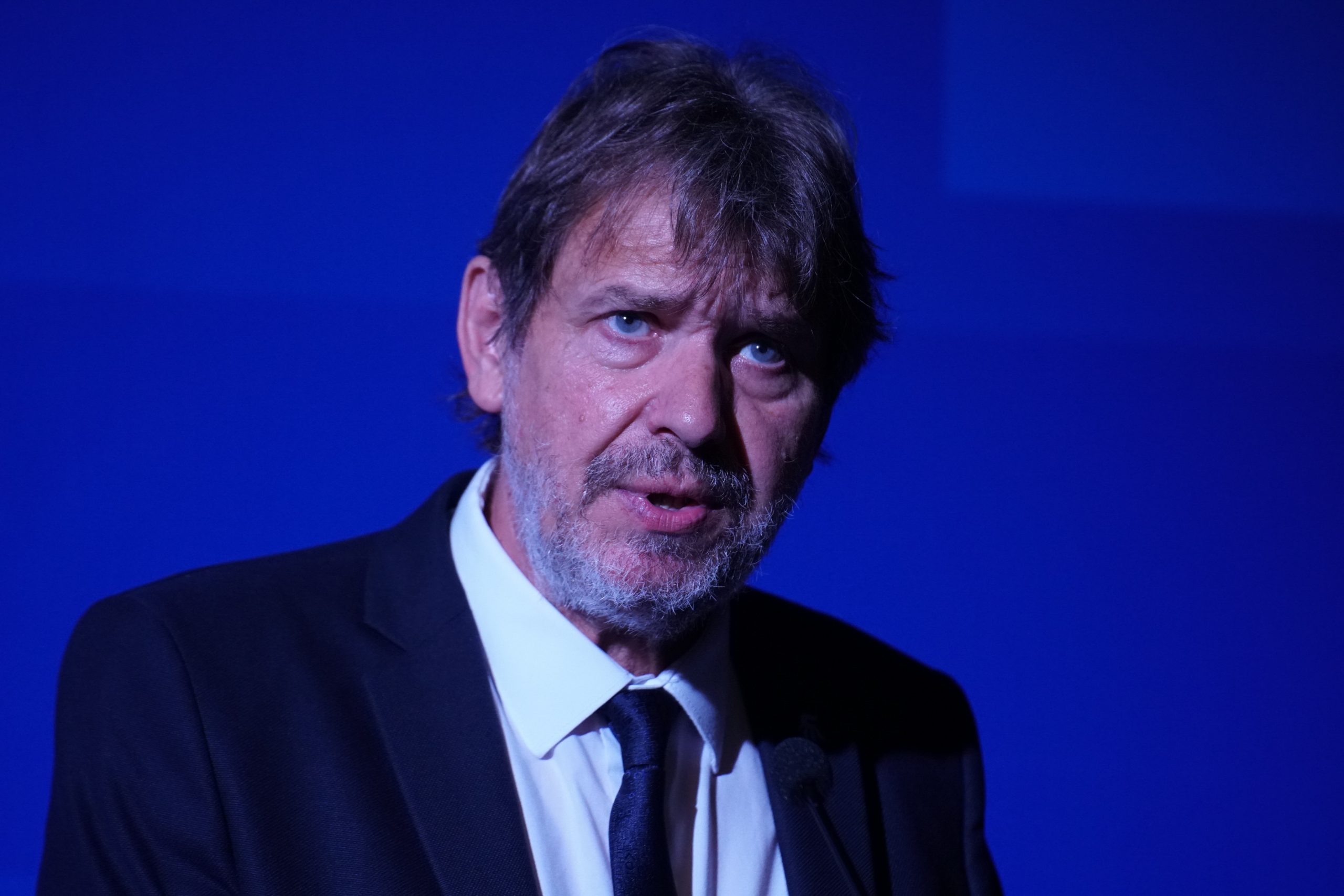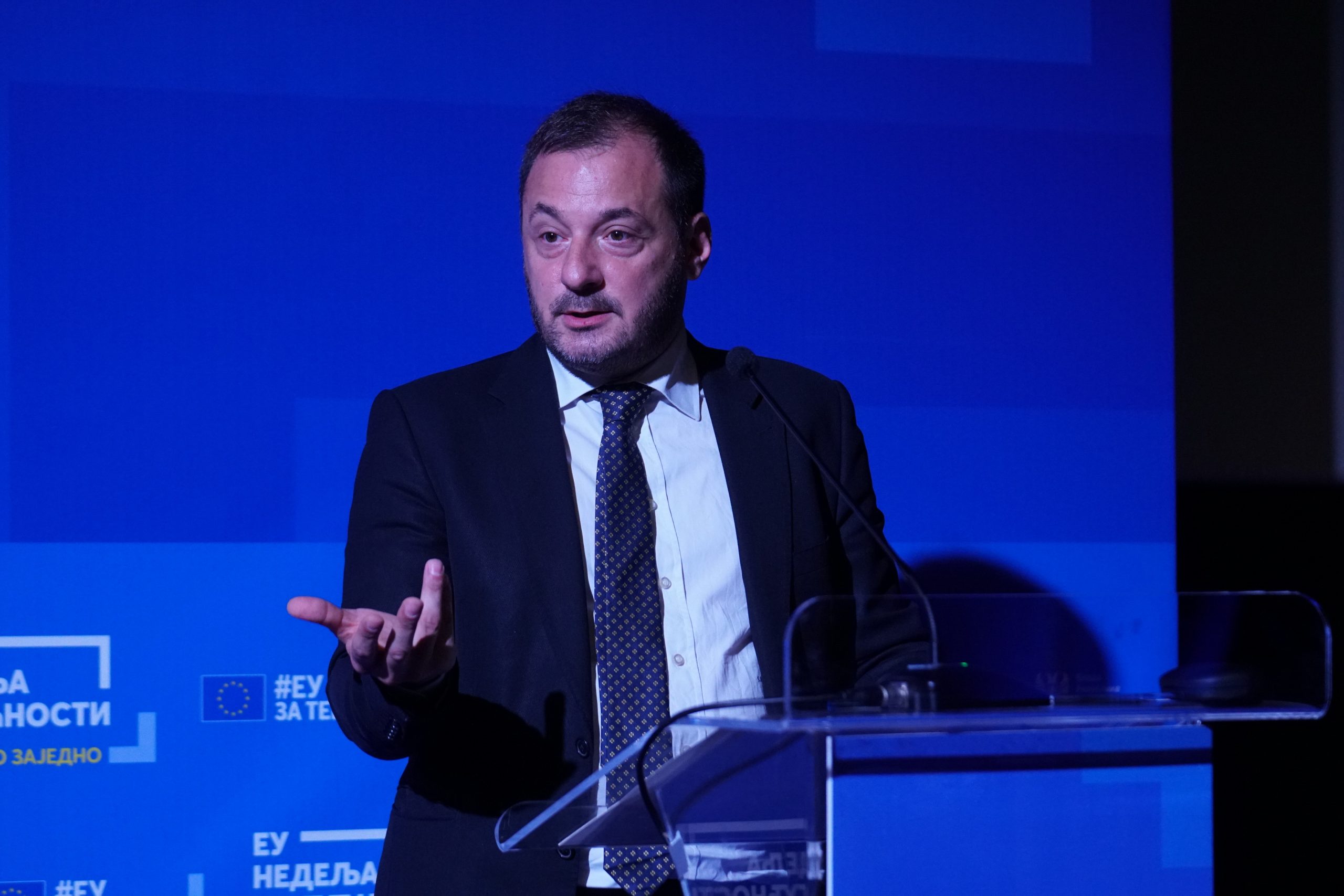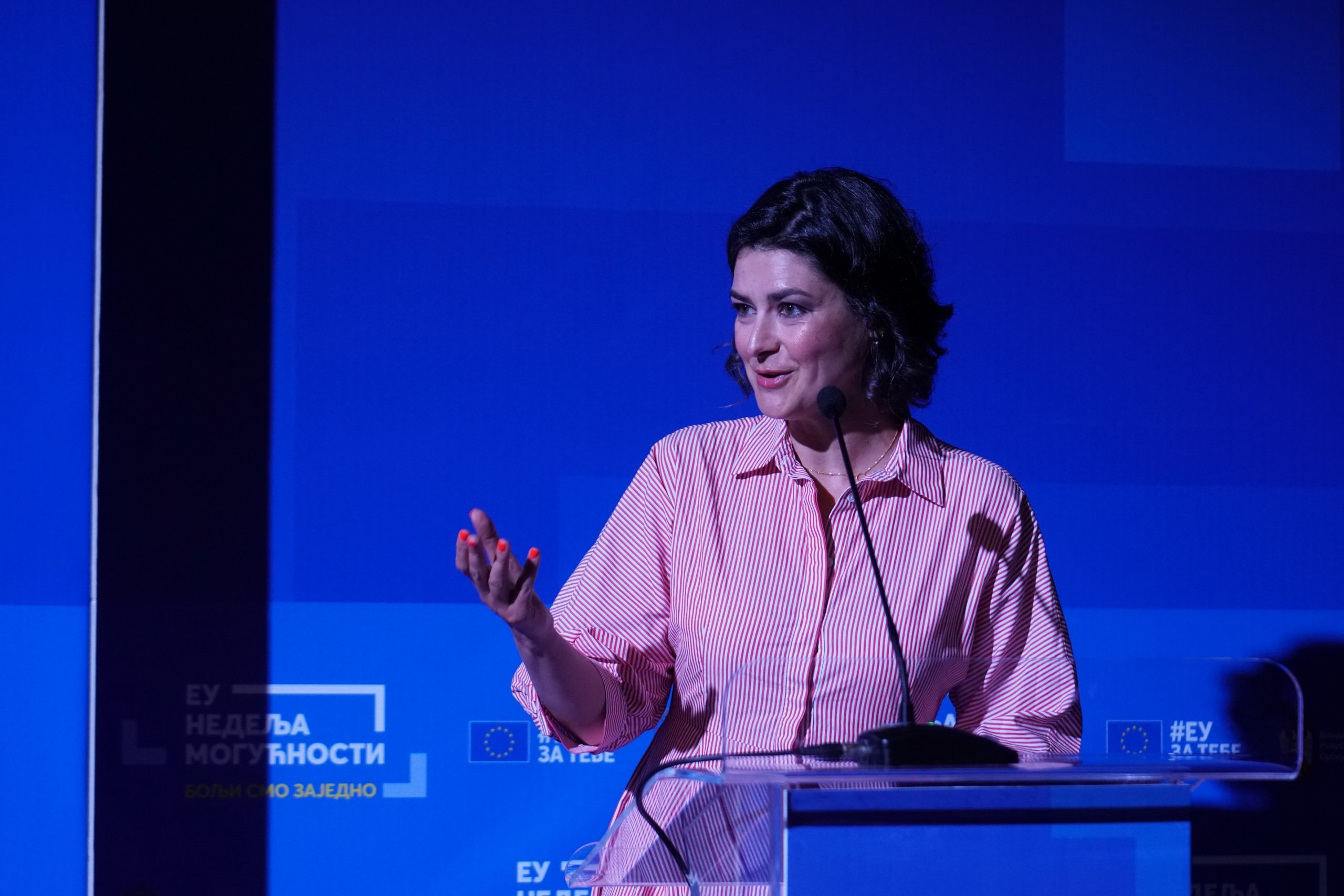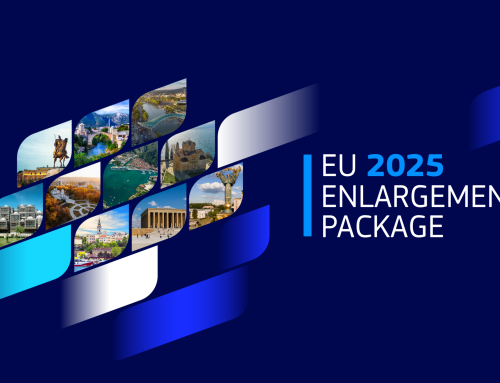The third day of the EU Opportunity Week is dedicated to culture, media and civil society. The Deputy Head of the Delegation of the European Union to Serbia, Plamena Halacheva, the Minister for Human and Minority Rights and Social Dialogue, Tomislav Žigmanov, as well as the Assistant Minister of Culture, Stanko Blagojević opened the panels.
According to Halacheva, the Serbian cultural heritage brings incredible value to the richness and cultural diversity of the common European heritage.
“I am pleased to open the third day of the EU Opportunity Week, dedicated to culture, civil society and media. These three sectors are at the core of the European Union: they bring our people together – they unite us in our diversity. They also empower our citizens to support and nurture the core values of our Union: freedom, democracy, equality, solidarity, the rule of law and respect for human rights. As such, they are extremely important for fostering a sense of belonging to a common European project, in which we see Serbia and its people as an integral part”, said the Deputy Ambassador of the EU to Serbia.
Halacheva confirmed that the EU will continue to support the culture and cultural heritage of Serbia. Today, a contract worth EUR 4 million is being signed in Zaječar for the continuation of the exploitation of the Felix Romuliana site, which will increase the tourist capacities of this precious site and strengthen the local economy.
“In addition, today you will be able to hear about the opportunities arising from Creative Europe, which is the EU’s main driver for supporting culture.” Serbian cultural actors benefit from this programme under the same conditions as EU member states. For example, thanks to this programme, more than a dozen Serbian films have been shot that have gained international recognition, among others ’Father’, ’Impure Blood’, ’Strahinja’ and ’The Summer When I Learned to Fly’“, she concluded.

Minister Žigmanov emphasized that the Ministry works every day to create the best possible environment for the work and activities of the civil sector in Serbia, which is a key element of every democratic system, because it helps channel the voice of citizens and connecting citizens and institutions.
“The European Union attributes great importance to civil society and provides enormous, primarily financial, but also other types of support. One of the support programmes is the Citizens, Equality, Rights and Values programme, which we hope to sigh soon. This programme is the largest fund ever for the promotion and protection of EU rights and values, and it contributes significantly to achieving greater equality, the rule of law and strengthening democracy, and supports civil society organizations in the promotion of these values”, the Minister said, adding that he hopes the Ministry will be appointed as the official focal point for this programme in Serbia.

Stanko Blagojević pointed out the Felix Romuliana project as an example of successful cooperation, and that Serbia and the European Union have a high degree of cooperation in the field of culture:
“The Ministry of Culture participates in a large number of activities, the range of various EU projects is broad and rich, and specifically, we have been participating in the Creative Europe programme for many years. Through the projects we are discussing today, we are actually participating in European integration.”
“The Ministry of Culture welcomes these events, the EU Opportunity Week highlights everything that has been successful and well organized”, concluded Blagojević.
Serbia and Europe share the same values regarding cultural heritage, art and creative industries – that’s why we work together to preserve the common culture. So far, 146 organizations from Serbia have participated in 305 Creative Europe projects. 675 partnerships were established with organizations from the EU and South-Eastern Europe, among which the leading partners were from France, Germany, Slovenia, Spain and Italy.
The media and civil society organizations – trade unions, employers’ associations and other social groups – enable citizens to actively participate in setting the political agenda. Empowered civil society, properly informed citizens – contribute to the development of civil society.
Find more information on the website https://eumogucnosti.rs/ and watch all sessions dedicated to today’s topics on the platform https://mogucnosti.eu/




